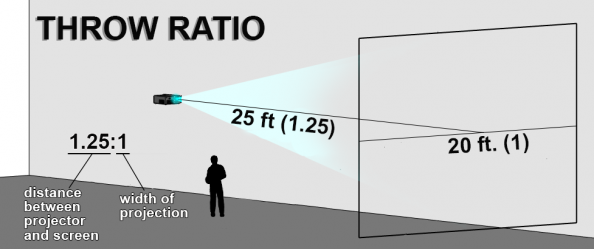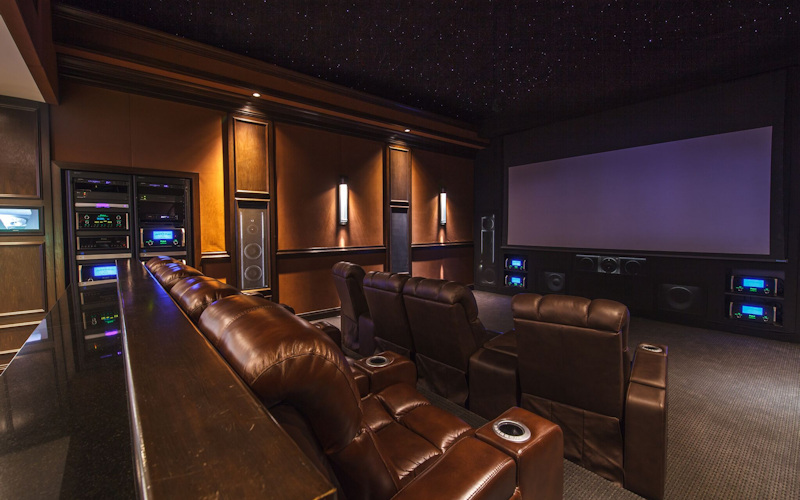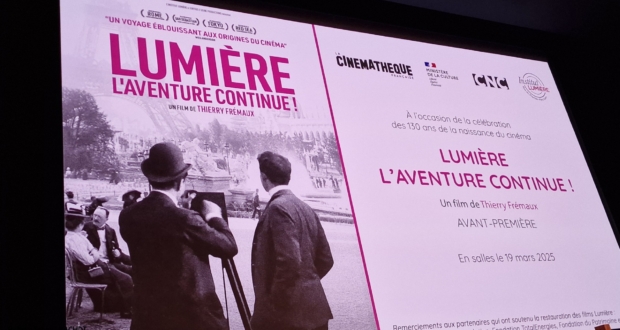One of the great joys of the modern age is inviting friends over to your home to watch a movie or to play a video game. It is nice to watch movies or play video games on a large screen television. However, the impact that this has pales in comparison to watching a movie or playing a video game on a 100 inch or 120 inch home theater projected screen.
As you research projectors, you’re going to quickly find that there is no such thing as a one-size -fits-all model. For the projector you purchase to have the biggest impact, you need to find one that is right for your home. We recommend using a short throw projector if you’re working with limited space. Our friend Steve Scott put together a list of some of his favorite projectors to help you out. These can also be doubled up to work as a gaming projector.
The following are a few factors you may want to consider when selecting the right projector for you.
The Best Light Source for Your Home Theater Projector
The first thing to consider is the light source used in your projector. There are three light sources that are primarily used in projectors. These are:
- LED
- Laser
- Standard lamp
Each one of these has their pros and cons. For example, a standard lamp is going to be the most affordable option. It is going to have a relatively bright output, ranging from 1,500 lm to around 3,000 lm. The standard lamp is going to last from between 3,000 to 4,000 hours. The downside of this is that as the lamp nears the end of its life, its output is going to be diminished. The last 25 percent of its use is not going to be as good as the first 75 percent. Then you have to decide if you’re going to purchase a new project or a new lamp. Often times, the lamp is as expensive as a new projector would be.
Laser technology does not require bulb replacement. It is one of the brightest light sources available for a projector. It offers extreme contrast and color range that’s not available with standard lamps. It is energy efficient. The downside is the expense. A projector with laser technology can run up to 25 percent more than what you would pay for a comparable projector using a different light source.
LED bulbs in projectors can last for 20,000 hours. It is more likely that your projector will fail before the light source. It offers tremendous quality control when compared to standard lamps. Because they do not need the same cooling, LED projectors are a lot quieter and are more energy efficient.
When looking at light sources, you want to consider where you are going to use the projector. If you are using the projector in a location that has a lot of ambient light, then you want a projector that has a more brighter and more powerful impact. If you are going to use the projector in a darker room, you might get as good of a picture with a less expensive projector that does not have as powerful of a light source.
Finding the Right Throw Ratio for Your Home Theater Projector
Determining the proper throw ratio for your home theater projector has a lot to do with the size of the room that you are going to use. Throw ratio basically tells you how wide the image is going to be when the projector is sitting at a predetermined distance from the screen.

For example, 1.8:1 throw ratio tells you that you will be able to create a five foot wide image if the projector is nine feet from the screen. Determining throw ratio is important if you are looking to permanently mount your projector somewhere. If you are in a smaller room, then you’re going to want a short throw projector. Some of the newer models of short throw projectors will allow you to place to projector just a few feet from the wall and still transmit an image that is 200 plus inches wide. There are a number of projector calculators that you can use to find the right throw ratio for your room.
Will Your Projector Need Wireless Capability?
You want to make sure that the projector you purchase has the connections that you are going to need. Most home theater projectors will come equipped with at least one, if not multiple, HDMI connections. HDMI connections will work with most media devices, including gaming consoles, Blu-ray players, and your computer.
If your projector is going to be mounted on a ceiling or on a wall, you may not want to run a whole bunch of cables to your different devices. This is where wireless connectivity comes into play. There are some projectors that allow you to send an HDMI signal wirelessly using an HD transmitter. Having a wireless projector will allow you to connect your smart phone, tablet, or other devices to the projector and transmit images from these devices.
Do You Need a Projector Screen?
You can make all of the tweaks that you want to your projector to improve the image. However, very few things are going to up the quality of the projected image as having a projection screen. These screens are designed to improve the reflective ability of the image, making the picture look brighter and better. Different screens are rated based on a gain factor or how effectively they reflect light. The higher the gain, the brighter the reflected image will be.
Having a projector screen is not a requirement as you will be able to project the image on any white flat surface. However, if you want to make the biggest impact on your friends and family when they come over to watch a movie, then getting a projector screen is a must.
We’ve just looked at a few of the factors you want to consider when purchasing a projector for your home theater. We would love to hear from you. What are the make or break factors for you when it comes time to buy a new projector? Let us know in the comments section below.
-
Acting - /10
0/10
-
Cinematography/Visual Effects - /10
0/10
-
Plot/Screenplay - /10
0/10
-
Setting/Theme - /10
0/10
-
Watchability - /10
0/10
-
Rewatchability - /10
0/10

















